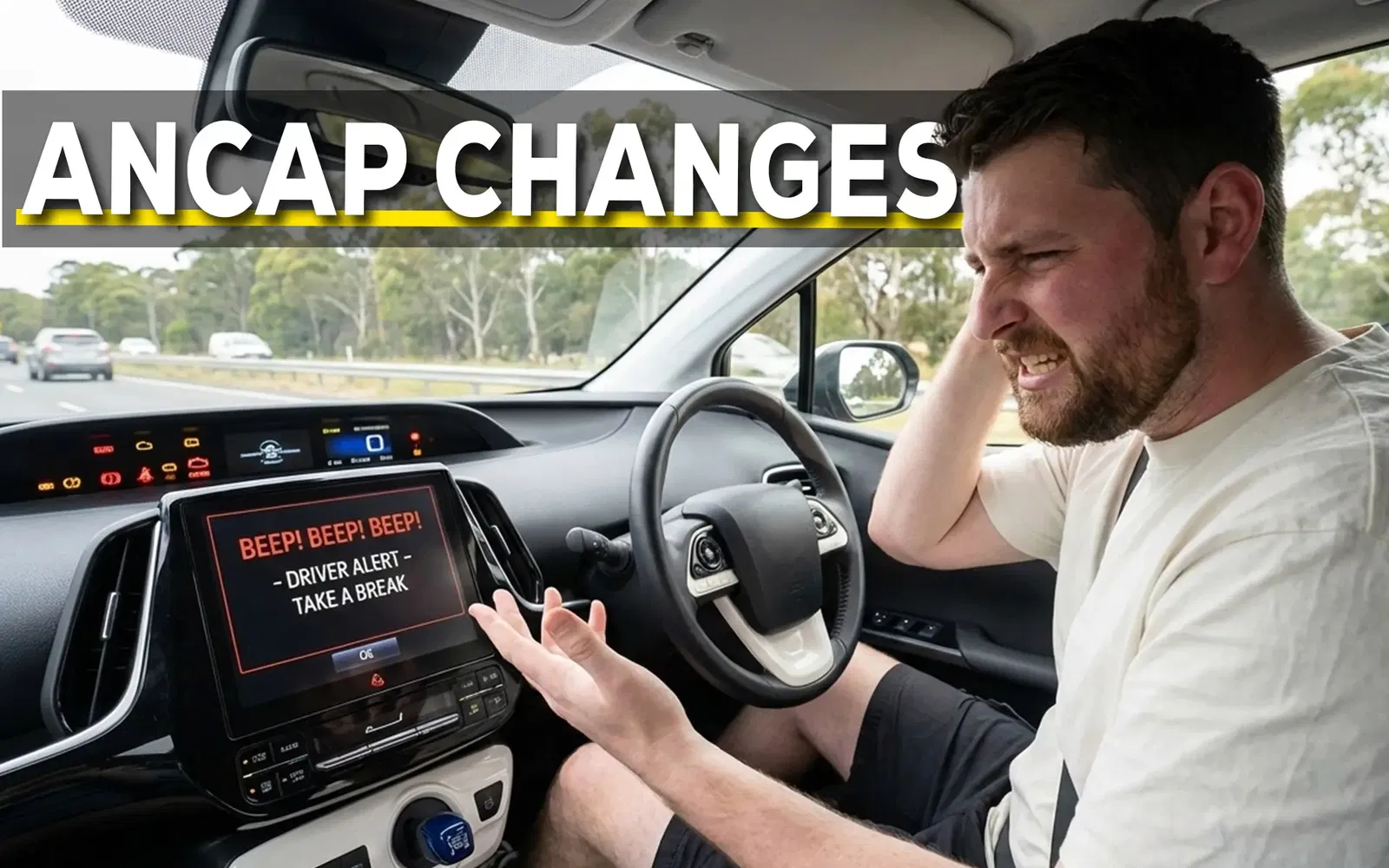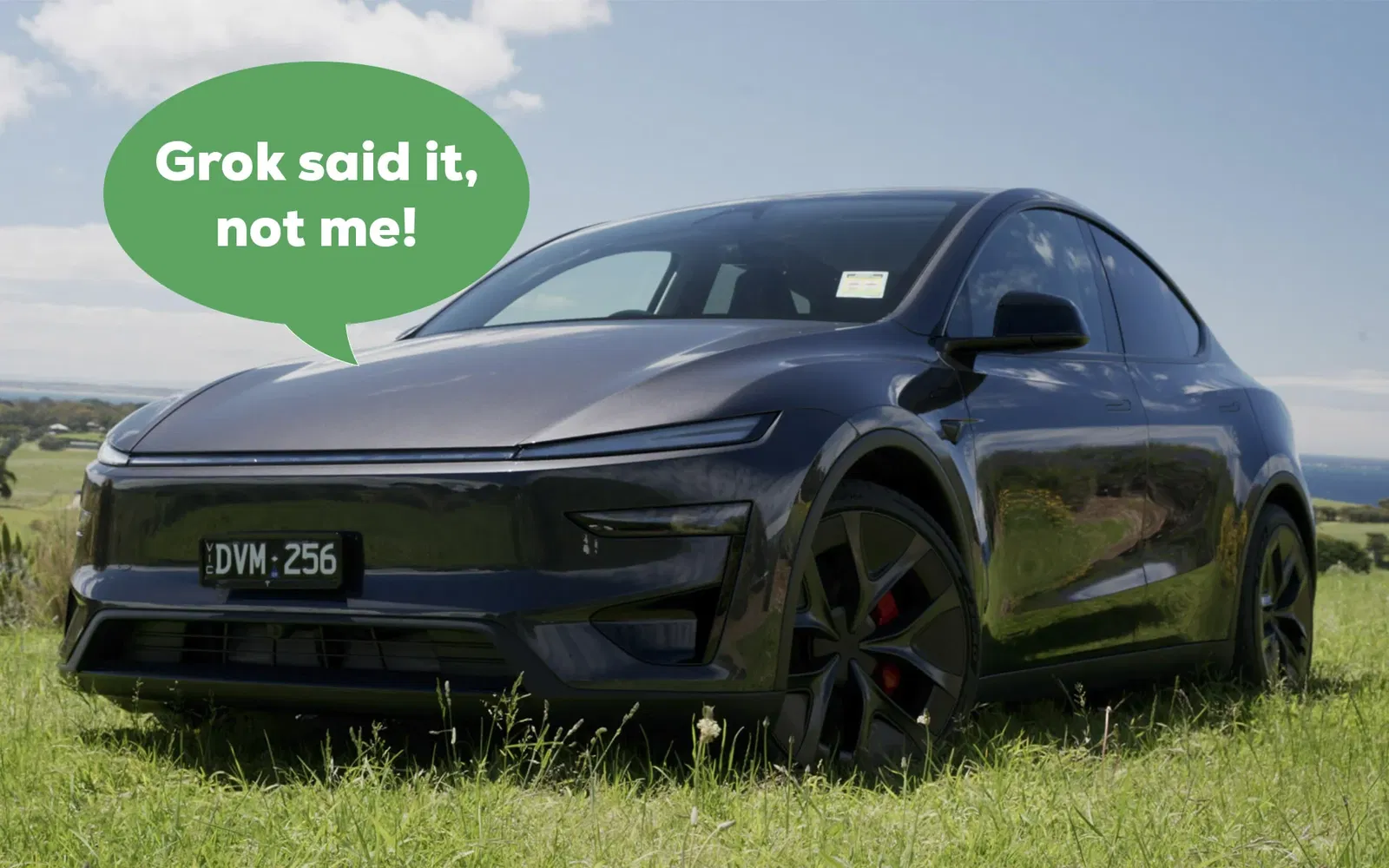Tritium, an Australian pioneer in electric vehicle (EV) charging technology, has made a strategic shift in its operations, moving production from Brisbane, Australia, to the United States. This move involves the cessation of their Brisbane-based production of direct current (DC) fast-chargers for EVs, with the consolidation of manufacturing operations at their Lebanon, Tennessee plant. The restructuring is aimed at driving profitability and shareholder value, with a goal to become profitable by 2024. Jane Hunter, CEO of Tritium, emphasized that this transition supports the company's market competitiveness and positions it as a world leader in its field, while aligning operations closer to their largest markets.

The decision to relocate manufacturing to the U.S. has resulted in the loss of approximately 200 jobs at the Brisbane facility. However, Tritium has confirmed that it will retain and expand its Brisbane-based research and development team, which also numbers over 200 personnel. This shift in focus reflects the company's strategic emphasis on innovation and development within the EV charging sector.
Tritium's decision comes in the wake of financial challenges, including the failure to secure a $90 million investment from the Queensland government. This setback contributed to Tritium's struggle to maintain its listing on the Nasdaq stock exchange, as its share price lingered below US$1 for over 30 days. The current share price stands significantly lower than its previous high, indicating the financial hurdles the company has faced.

Despite these challenges, Tritium has notched significant achievements and partnerships. Earlier in the year, the company secured a deal with BP to supply a mix of 50kW and 150kW EV chargers for BP Pulse public charging networks across Australia, the United States, the United Kingdom, and Europe. The impact of the production shift on this deal remains unclear.

The company's Tennessee factory, which opened in 2022, was inaugurated with the presence of US President Joe Biden, signaling the significance of Tritium in the EV charging industry. The company's importance was also recognized by Australian Prime Minister Anthony Albanese, who lauded Tritium as a great Australian success story.
However, the move to halt Australian production has led to a pause in investments from key backers like billionaire mining executive Brian Flannery. Despite these shifts, Tritium's innovations and contributions to the EV charging industry remain pivotal, as demonstrated by their award-winning products and international partnerships.
FAQ
Sign up to our newsletter
Be the first to know when we drop new car reviews.
.avif)










